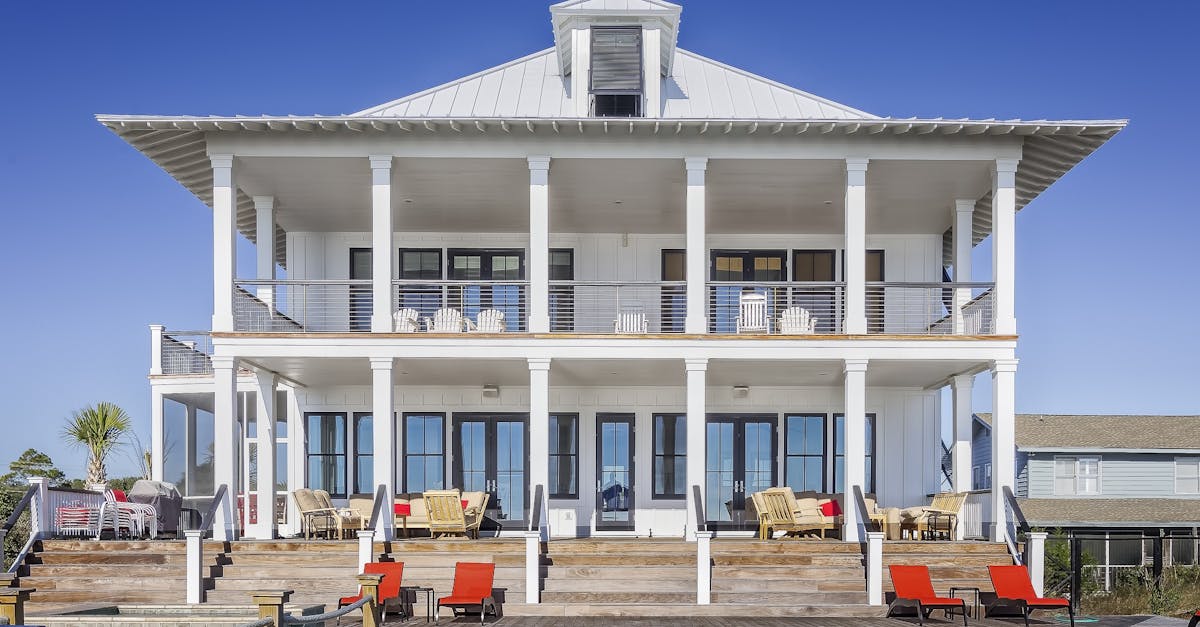Speak to a local care advisor at Assisted Living Locators by calling (888)-267-4741.
Learn about Assisted Living, Senior Living, Memory Care, and In-home care options.
Choosing the right senior living care type can be a daunting task. With numerous options available, it’s important to find the one that best suits your needs and preferences. In this article, we will explore the different senior living care types and guide you in making an informed decision.
From independent living communities to assisted living facilities and memory care units, each care type offers unique benefits and services tailored to address specific needs. Whether you’re an active senior looking for a community that fosters independence or a loved one seeking specialized care for someone facing cognitive decline, understanding the differences between these care types is crucial.
Our goal is to provide you with the necessary information to help you navigate the world of senior living care. We will discuss the key features, services, and costs associated with each care type, as well as factors to consider when making your decision.
Join us as we explore the various senior living care options and discover which one is the best fit for you or your loved one.
Independent living: benefits and considerations
Independent living communities are designed for seniors who are able to live on their own but prefer a community environment that offers various amenities and social activities. These communities provide a sense of belonging and foster independence while offering convenience and support when needed.
One of the main benefits of independent living is the opportunity to live in a maintenance-free environment. Residents can enjoy a carefree lifestyle without the responsibilities of home maintenance, such as yard work or repairs. Additionally, many independent living communities offer a range of amenities, such as fitness centers, swimming pools, and organized social events, which promote an active and engaging lifestyle.
Considerations for independent living include the cost, as these communities often require an upfront entrance fee and monthly fees. It’s important to carefully review the contract and understand the financial commitments involved. Another aspect to consider is the level of care available. While independent living communities offer a supportive environment, they may not provide the same level of assistance as other care types, such as assisted living or memory care.
Assisted living: benefits and considerations
Assisted living facilities are ideal for seniors who require some assistance with daily activities but still value their independence. These communities provide a safe and supportive environment where residents can receive personalized care while maintaining a sense of autonomy.
One of the key benefits of assisted living is the availability of trained staff who can assist with activities of daily living, such as bathing, dressing, medication management, and meal preparation. This level of support ensures that seniors receive the help they need while maintaining their dignity and independence. Assisted living facilities also offer a range of amenities, including communal dining, housekeeping services, and transportation assistance.
Considerations for assisted living include the cost, which can vary depending on the location and level of care required. It’s important to inquire about the services included in the monthly fee and any additional charges for specialized care. Another aspect to consider is the level of medical care available. While assisted living facilities have trained staff, they may not provide the same level of medical attention as nursing homes or memory care units.
Memory care: benefits and considerations
Memory care units are specifically designed for seniors with Alzheimer’s disease, dementia, or other memory-related conditions. These specialized care facilities provide a secure and structured environment that focuses on meeting the unique needs and challenges faced by individuals with memory impairment.
One of the main benefits of memory care is the specialized care provided by trained staff who understand the complexities of memory-related conditions. These facilities offer a structured daily routine, including cognitive stimulation activities and memory-enhancing exercises. The physical environment is designed to minimize confusion and promote safety, with features such as secure entrances and exits, visual cues, and easy-to-navigate layouts.
Considerations for memory care include the level of supervision and security provided. It’s important to ensure that the facility has appropriate safety measures in place, such as 24-hour monitoring and trained staff who can handle emergencies. Another aspect to consider is the staff-to-resident ratio, as individuals with memory-related conditions often require more personalized attention and assistance.
Nursing homes: benefits and considerations
Nursing homes, also known as skilled nursing facilities, provide comprehensive 24-hour care for seniors who have complex medical needs or require extensive assistance with daily activities. These facilities have licensed nurses on staff and offer a wide range of medical services, including medication administration, wound care, physical therapy, and rehabilitation.
One of the main benefits of nursing homes is the level of medical care provided. These facilities have trained healthcare professionals who can address complex medical conditions and provide specialized care. Nursing homes also offer a variety of support services, such as assistance with bathing, dressing, and mobility, ensuring that residents receive the necessary help they need.
Considerations for nursing homes include the cost, as these facilities tend to be more expensive compared to other care types due to the level of medical care provided. It’s important to review the contract and understand the fees associated with the services offered. Another aspect to consider is the social aspect, as some nursing homes may have a more institutionalized environment compared to other care types.
Factors to consider when choosing a senior living care type
When choosing a senior living care type, it’s important to consider several factors to ensure the best fit for your needs and lifestyle. These factors may include:
- Location: Consider the proximity to family, friends, and healthcare facilities. A convenient location can make it easier for loved ones to visit and for you to access medical care.
- Cost: Evaluate the financial aspects, including upfront fees, monthly expenses, and potential additional charges for specialized care. Take into account your budget and any long-term financial plans.
- Services and amenities: Assess the range of services and amenities offered by each care type. Consider your preferences and what is important to you, such as dining options, transportation services, fitness programs, and social activities.
- Level of care: Determine the level of care needed now and in the future. Consider any existing medical conditions, mobility limitations, or cognitive impairments. Ensure that the chosen care type can adequately address your current and potential future needs.
- Staff qualifications and training: Inquire about the qualifications and training of the staff members. Ensure that they have the necessary skills and expertise to provide the level of care required.
How to determine the best fit for your needs and lifestyle
To determine the best fit for your needs and lifestyle, consider the following steps:
- Assess your needs: Evaluate your current and potential future needs. Consider any medical conditions, mobility limitations, or cognitive impairments. Determine the level of assistance and care required.
- Research your options: Research the different senior living care types available in your desired location. Explore their websites, read reviews, and gather information about their services, amenities, and costs.
- Visit communities: Schedule visits to senior living communities that align with your needs and preferences. Take a tour, meet the staff, and interact with residents. Ask questions and observe the environment to get a sense of the community’s atmosphere.
- Seek advice: Seek advice from healthcare professionals, family members, or friends who have experience with senior living care. Their insights and recommendations can provide valuable guidance in making your decision.
- Make an informed decision: After considering all the factors and gathering information, make an informed decision that aligns with your needs, preferences, and budget. Trust your instincts and choose the care type that feels right for you or your loved one.
Questions to ask when visiting senior living communities
When visiting senior living communities, consider asking the following questions to gather more information:
- What services and amenities are included in the monthly fee?
- Are there additional charges for specialized care or services?
- What level of assistance is provided with activities of daily living?
- How are medical emergencies handled?
- What is the staff-to-resident ratio?
- What is the process for transitioning to a higher level of care if needed?
- What social activities and programs are available?
- What are the dining options and how are dietary preferences accommodated?
- What is the policy regarding visitors and overnight guests?
- What measures are in place to ensure the safety and security of residents?
Asking these questions will help you gather the necessary information to make an informed decision about the best senior living care type for your needs.
Making the transition to senior living care
Making the transition to senior living care can be a significant change. Here are some tips to ease the process:
- Plan ahead: Start planning early to ensure a smooth transition. Research and visit communities well in advance to allow yourself enough time to make an informed decision.
- Involve loved ones: Seek the support and involvement of your loved ones throughout the decision-making process. Their input and assistance can help alleviate any concerns or anxieties.
- Downsize and organize: Declutter and downsize your belongings before moving. Take the time to organize your possessions and decide what to bring with you to your new living space.
- Stay connected: Maintain social connections with family and friends. Utilize technology to stay in touch and schedule regular visits or outings to maintain a sense of community and connection.
- Embrace the change: Approach the transition with a positive mindset. Embrace the new opportunities, activities, and relationships that senior living care can offer. Remember that this is a new chapter in your life.
Conclusion: Finding the best fit for your senior living care needs
Choosing the right senior living care type is a significant decision that requires careful consideration. By understanding the different care types available, assessing your needs, and considering key factors, you can make an informed decision that ensures the best fit for your needs and lifestyle.
Independent living communities offer a sense of community and a maintenance-free lifestyle for active seniors. Assisted living facilities provide personalized care while maintaining independence. Memory care units specialize in meeting the unique needs of individuals with memory-related conditions. Nursing homes offer comprehensive medical care for seniors with complex needs.
By evaluating factors such as location, cost, services, and level of care, you can determine the best fit for your unique situation. Visiting communities, asking questions, and seeking advice from healthcare professionals and loved ones can also provide valuable insights.
Remember, making the transition to senior living care is a significant change, but with proper planning and a positive mindset, it can be a fulfilling and enriching experience. Embrace the new opportunities and relationships that senior living care can offer, and embark on this new chapter with confidence and excitement.












